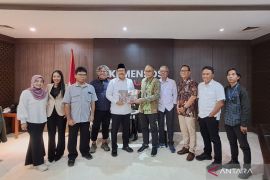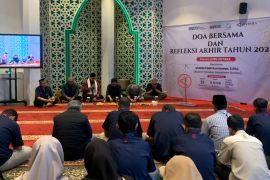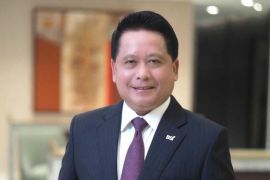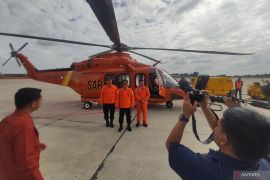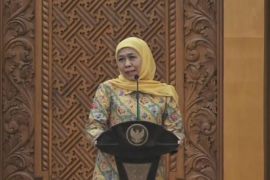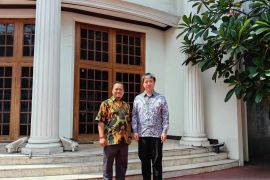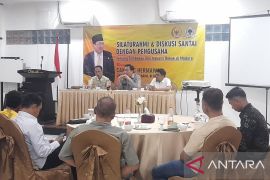Seoul (ANTARA/Yonhap-OANA) - North Korea is presumed to have independently built most key parts of its long-range rocket launched last month, with the exception of some commercially available materials imported from overseas, experts in Seoul said Monday. After analyzing the debris from the rocket's first stage retrieved from waters off the western coast of the Korean Peninsula after the Dec. 12 launch, South Korean experts concluded that Pyongyang in fact tested its inter-continental ballistic missile capable of flying as far as 10,000 kilometers, further enhancing its missile capacity. "Although North Korea was restricted from securing advanced technologies and materials due to the international sanction, it has honed its long-range ballistic missile technology through several tests and experiences," an intelligence official at Seoul's defense ministry said, asking for anonymity. The analysis revealed that Pyongyang had used four Nodong missile engines and four vernier engines for the first stage booster to produce 120-ton thrust. About 10 components, including wires, an electric censor and a power voltage converter were found to have been imported from five countries, including China and European nations, the report said, without disclosing all of their names, citing diplomatic issues. But there were no foreign materials that violated the Missile Technology Control Regime (MTCR), a voluntary guideline shared by 34 countries aimed at limiting exports of delivery systems and related technology for ballistic missiles, it said. "Although there were no imported goods that violate the MTCR, the international community will have discussions about whether to add the imported materials to the list of controlled items," the official said. The analysis results come as the international community is moving toward bringing new sanctions against the North for the December rocket launch, which is seen as a disguised test for a ballistic missile that can strike as far as the western U.S. Pyongyang claims the December launch was aimed at placing an earth observation satellite in space. Seoul officials said there will be further investigations to figure out whether the five countries violated the United Nations Security Council Resolution 1874, a sanction imposed on the North after its second nuclear test in 2009. The resolution bans weapons exports and financial transactions between U.N. members and North Korea. The South Korean government plans to submit the report to the U.N. and MTCR members through diplomatic channels, according to officials.(*)
Key Parto Nort Korean Rocket Bulit Without Foreign Help: Experts
Senin, 21 Januari 2013 13:01 WIB


